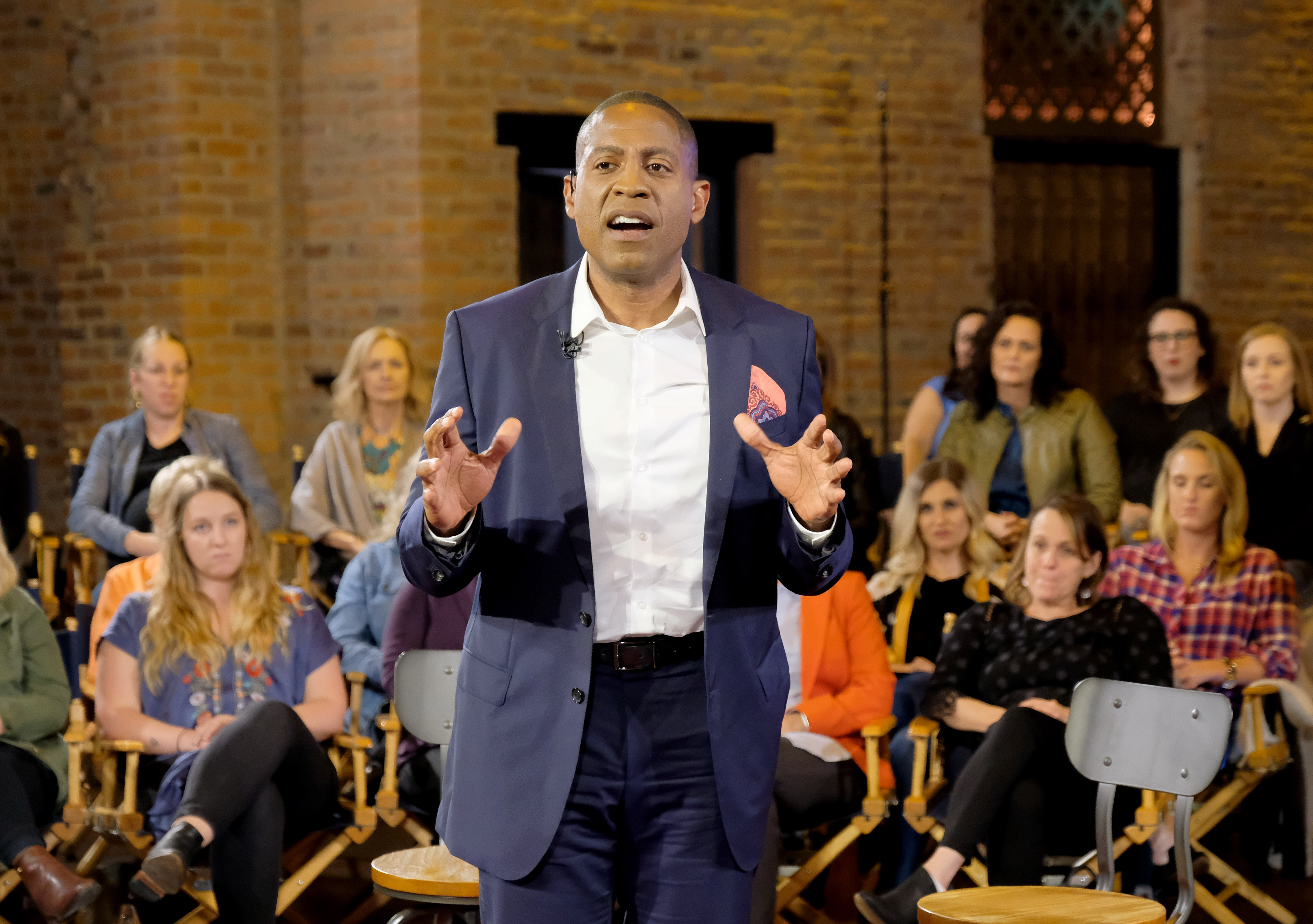Ozy Media: After the hype, a very sudden fall
What happened to the buzzy online media brand

A free daily email with the biggest news stories of the day – and the best features from TheWeek.com
You are now subscribed
Your newsletter sign-up was successful
The smartest insight and analysis, from all perspectives, rounded up from around the web:
The buzzy online media brand Ozy Media was supposed to be a Silicon Valley "disrupter," said Anna Nicolaou at the Financial Times. It always seemed to have "little to back up its assertions," aside from the magnetism of its high-profile founder, Carlos Watson. Then last week it all came apart. First New York Times media reporter Ben Smith wrote about how an Ozy co-founder tried to impersonate a YouTube executive to trick Goldman Sachs into a $40 million investment. More allegations arose about how the company had inflated viewer metrics and even lied about an investment from the homophonic-named rock star Ozzy Osbourne and his wife, Sharon. As some of Ozy's high-profile backers sought to distance themselves, Watson announced that Ozy was shutting down. But days later he reversed course, saying "this is our Lazarus moment" and insisting Ozy could survive.
This "will go down as one of the most sudden media collapses of all time," said Sara Fischer at Axios — but there were plenty of clues. "Ozy Media was built on years of lies that together created a woefully false narrative about its business, financials, and culture." The Goldman episode was just the tip of the iceberg. "The company bought most of its social media following," including its flagship YouTube program, The Carlos Watson Show, which got more than 95 percent of its viewers through paid promotions. When Ozy launched in 2013, it seemed like "an oasis in a media industry that for years had been shedding jobs," said Jeff Wise at New York magazine. Watson was a "charismatic salesman" who offered generous salaries and "Obama-era multiracial optimism." But numerous former staffers described the workplace as "abusive and cultlike." Watson was "running around telling advertisers that Ozy had tens of millions of readers." But "staffers knew the truth."
The Week
Escape your echo chamber. Get the facts behind the news, plus analysis from multiple perspectives.

Sign up for The Week's Free Newsletters
From our morning news briefing to a weekly Good News Newsletter, get the best of The Week delivered directly to your inbox.
From our morning news briefing to a weekly Good News Newsletter, get the best of The Week delivered directly to your inbox.
The bigger question is why "seemingly sophisticated people fell for a company that every social media intern in America had questions about," said Ben Smith at The New York Times. Ozy "strongly appealed to the elites" because it offered "diversity without conflict." It was heavy on "earnest stories about young people who wanted to change the world and celebrities being their best selves." This "low-conflict, low-news" journalism with little real content but lots of talk about "lofty ideas" never appealed to the bipartisan audience it claimed to be reaching. But it was "catnip to brand managers."
The "fake it 'til you make it" attitude has become a hardened Silicon Valley ethos, said Robert Hackett and Declan Harty at Fortune. We've seen too many entrepreneurs, "drunk on a dream, attempt to manifest success by any means necessary." Theranos "deluded itself into alleged fraud as it quested to solve health care." WeWork provided "rosy financial projections that were pure insanity." And Trevor Milton, the founder of overhyped electric-truck startup Nikola, was recently indicted for criminal fraud. It may seem that only rich investors bear the brunt of the damage done by this magical thinking. But "businesses that deceive investors, customers, even their own employees, direct attention, energy, and effort away from more valuable pursuits."
This article was first published in the latest issue of The Week magazine. If you want to read more like it, you can try six risk-free issues of the magazine here.
A free daily email with the biggest news stories of the day – and the best features from TheWeek.com
-
 The Olympic timekeepers keeping the Games on track
The Olympic timekeepers keeping the Games on trackUnder the Radar Swiss watchmaking giant Omega has been at the finish line of every Olympic Games for nearly 100 years
-
 Will increasing tensions with Iran boil over into war?
Will increasing tensions with Iran boil over into war?Today’s Big Question President Donald Trump has recently been threatening the country
-
 Corruption: The spy sheikh and the president
Corruption: The spy sheikh and the presidentFeature Trump is at the center of another scandal